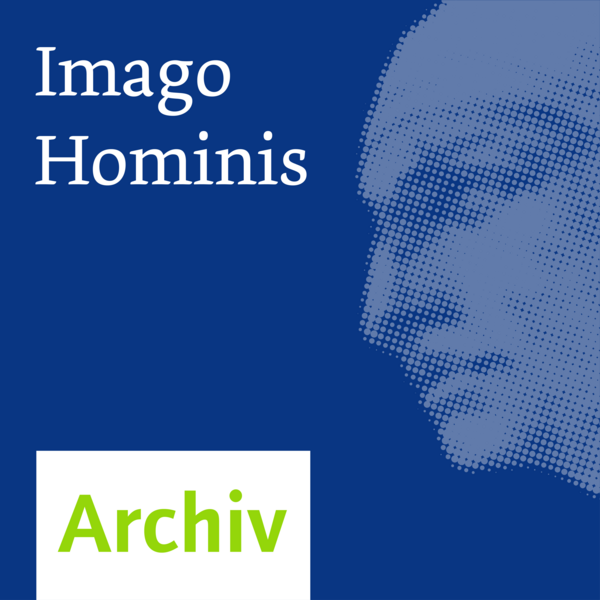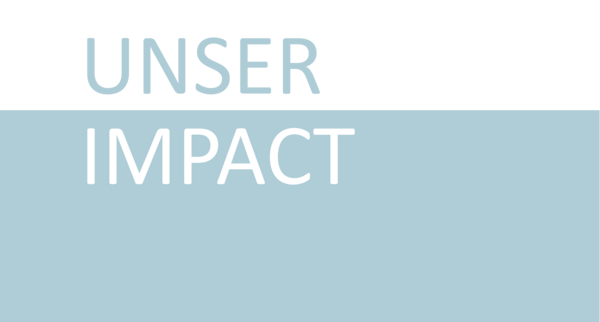Editorial
Is free will an illusion as some brain researchers have suggested recently? They claim they now have the final proof for it; based on the experiments by Libet and others.
So, are all our lives pre-determined?
Intuitively, one can hardly accept the idea that one would not be responsible for a personal decision. Should we entirely abandon the idea of free will which has often been taken for granted by men? The proposition that a human being is neither responsible for his actions, nor capable of guilt, would probably be the greatest revolution in thinking.
The question of free will has kept the best thinkers occupied throughout history. The extent of human freedom and the capability of feeling guilt have also been the subject of many discussions; brain researchers began to confront some of these issues – and their social consequences – about two hundred years ago. Around 1800, Franz Josef Gall had already proposed a reform of German criminal law because of his understanding that the freedom of a “born criminal” was an “illusion”.
Brain researchers are divided into two different schools of thought regarding the issue of guilt: One group stresses the concept of a predisposition – resulting from genetics or brain lesions – for criminal activities and drug addiction. According to this concept, only someone without a brain lesion would be subjectively responsible for his criminal actions and, hence, capable of guilt. The other group claims there is proof that the brain merely mirrors the owner’s own moral sense of responsibility.
In 1999, Benjamin Libet published the results of an experiment which for some proved that free will was only an illusion; Libet himself saw quite clearly that his experiment could lead to deterministic conclusions which he did not share personally. He acknowledged the methodological limits of the empirical sciences and recognized their reductionist approach towards the measurable world. This was similarly expressed by G. Pöltner in his contribution to a recent issue of Imago Hominis when he wrote: “The thesis of freedom being an illusion is based on an inadequate concept of freedom and action: freedom which manifests itself in the practice of life (in the sense of a reflective will) is transformed into an observable natural event. The reasons or conditions for action are thus confused with its causes”.
In this issue of Imago Hominis, we try to present this discussion in an interdisciplinary way. We have asked the authors to write in English in order to achieve a broader reception for our contributions to this debate. J. M. Jimenez and S. Sanchez Migallón give a survey of anthropological and ethical dilemmas facing brain research of the last few decades. A. Pastor discusses the role and consequence of imaging methods from a neurological point of view, observing cerebral functioning, referring to interpretative possibilities and its methodological limits; the issue of free will is addressed by G. Rager and G. Schiepeck. Rager deals critically with conclusions drawn from the natural sciences that have been applied to the “illusion” of freedom and demonstrates their incompatibility. Schiepeck tries to bridge the natural sciences to ontology in order to overcome the dualism of body and spirit, thus demonstrating the compatibility of cerebral function and free will. L. Echarte contributes an ethical analysis of neuroenhancement, while R. Wilcox demonstrates that the results of neuroscientific research are compatible with the Aristotelian-Thomistic doctrine of the virtues, stimulating an even more profound study of the latter.
E. Prat







